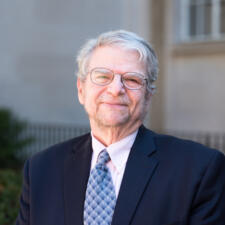Great calamities compel us to revisit the complacent assumption that tomorrow will more or less resemble yesterday. In 1919, shortly after the end of World War I and in the midst of the viral pandemic that followed, the French poet Paul Valéry remarked that “we civilizations know now that we are mortal.” The presumptuousness of speaking in the name of civilization was revealing: it showed that what Valéry feared was the loss not simply of health, wealth, or domestic tranquility but of the very idea that man is in control of his destiny—the defining assumption of civilization.
Today we find ourselves in the midst of another great calamity. Once again we are compelled to ask whether our rational faculties are capable of coping with a virus about which we know far too little. The measures we think we need to take to keep untold numbers from dying are themselves so painful in terms of damage to our livelihoods that we wonder whether they can be sustained.
